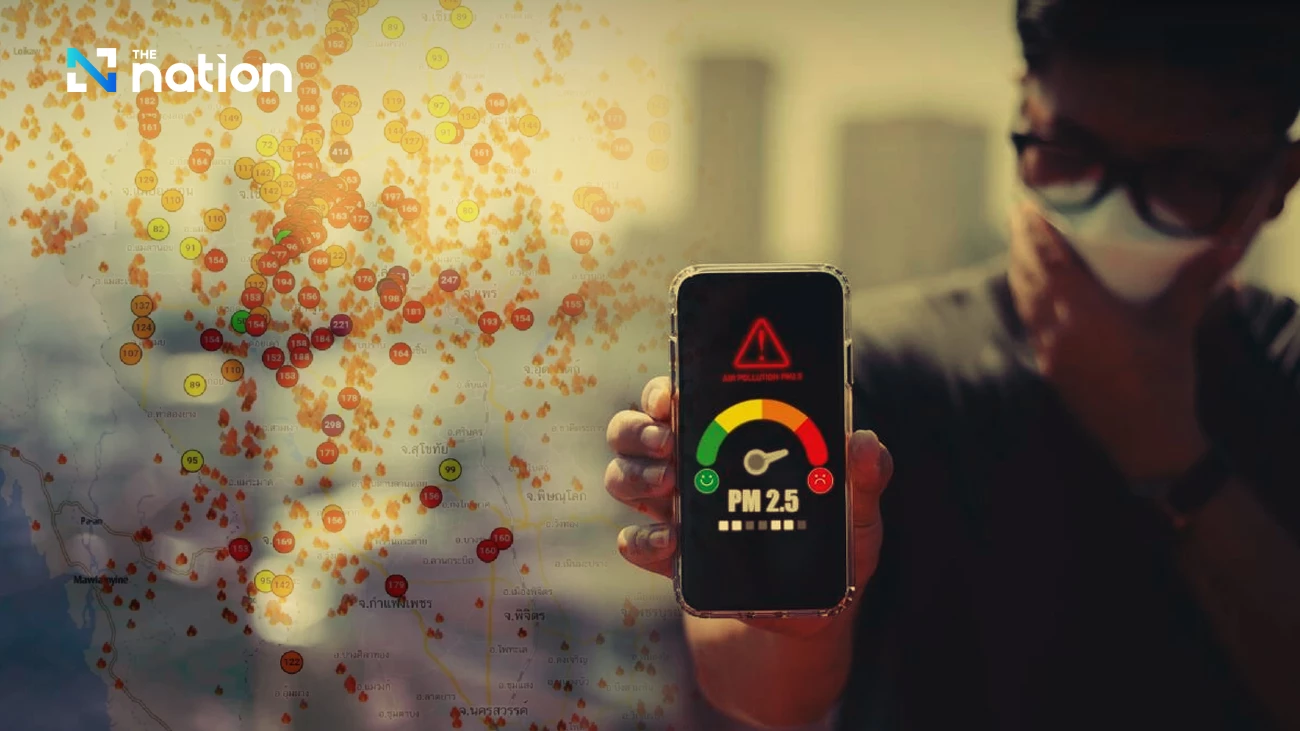
Chiang Mai's air pollution remains of concern, with the province being ranked in second place amongst the most polluted cities on Thursday morning.
According to IQAir website, the northern city's air quality index (AQI) was unhealthy at 190 as of press time compared to 177 on Wednesday. Bangkok, meanwhile, ranked 26th with moderate AQI of 102.
The director of Chiang Mai University's Research Institute for Health Sciences, Khuanchai Supparatpinyo, said that air pollution in the northern region was triggered by forest burning for agriculture.
Citing satellite data from the Geo-Informatics and Space Technology Development Agency (GISTDA), Lampang, Mae Hong Son and Chiang Mai had more than 300 hotspots on Wednesday, especially in forest areas.
Thailand, Myanmar and Laos have more than 2,000 hotspots as of 5.30am Thursday, based on satellite data from the National Aeronautics and Space Administration (Nasa).
Khuanchai expects the air pollution situation to worsen during the day, as data from the Northern Thailand Air Quality Health Index website showed that air quality in more than 130 areas across Chiang Mai and nearby provinces had reached unsafe levels as of 5am.
"Residents in areas where the air quality is bad should stay in dust-free rooms and refrain from doing outdoor activities under the air quality improves," he said.


